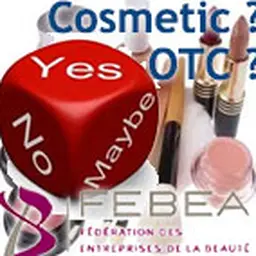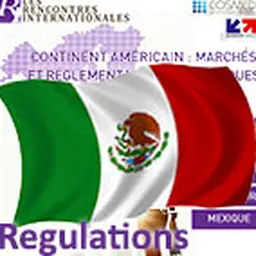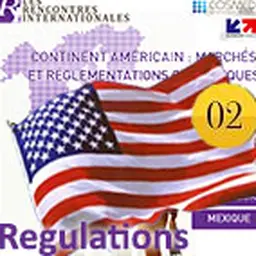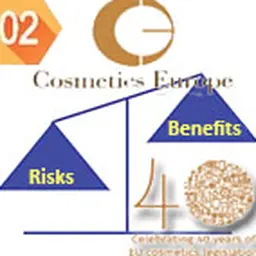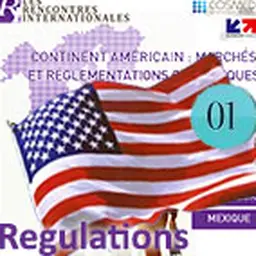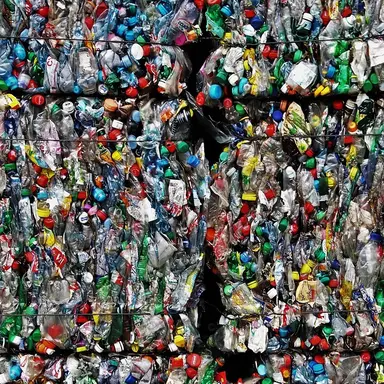
Reducing the plastic footprint is a strategic priority. Although more than 50% of packaging is now made of glass, cardboard or metal, the efforts of the cosmetics industry must be further intensified to meet the demands of the environmental emergency. On the occasion of its virtual General Assembly, the FEBEA gathered a panel of experts to discuss this topic.
Plastic pollution takes its toll: two million birds and 250,000 marine mammals die from it every year.
“These figures should convince us of the dangerousness of this material, but this is not the worst,” begins Henri Bourgeois-Costa, spokesperson for the Tara Ocean Foundation. “Most of this pollution reaches the rivers, seas and oceans in the form of microplastics, which penetrate the food chain and replace plankton. In addition, there is a real imbalance in the bacterial and viral ecosystems. And if all that I have just said is not enough to demonstrate the urgency of the problem, the United Nations Environment Programme talks of losses of 75 billion dollars a year due to plastic pollution. This scourge concerns us all.”
Cosmetics industry: honor roll or dunce cap?
The issue of plastic pollution is not new and many companies have begun to make commitments, more or less radical.
What about the beauty industry? Hélène Valade, President of ORSE (Observatoire de la Responsabilité Sociétale des Entreprises) and Development and Environment Director of LVMH, believes that this sector has negotiated the shift to CSR fairly quickly.
“Since the end of COP21, in 2015, we have seen that professionals have taken up this issue …





